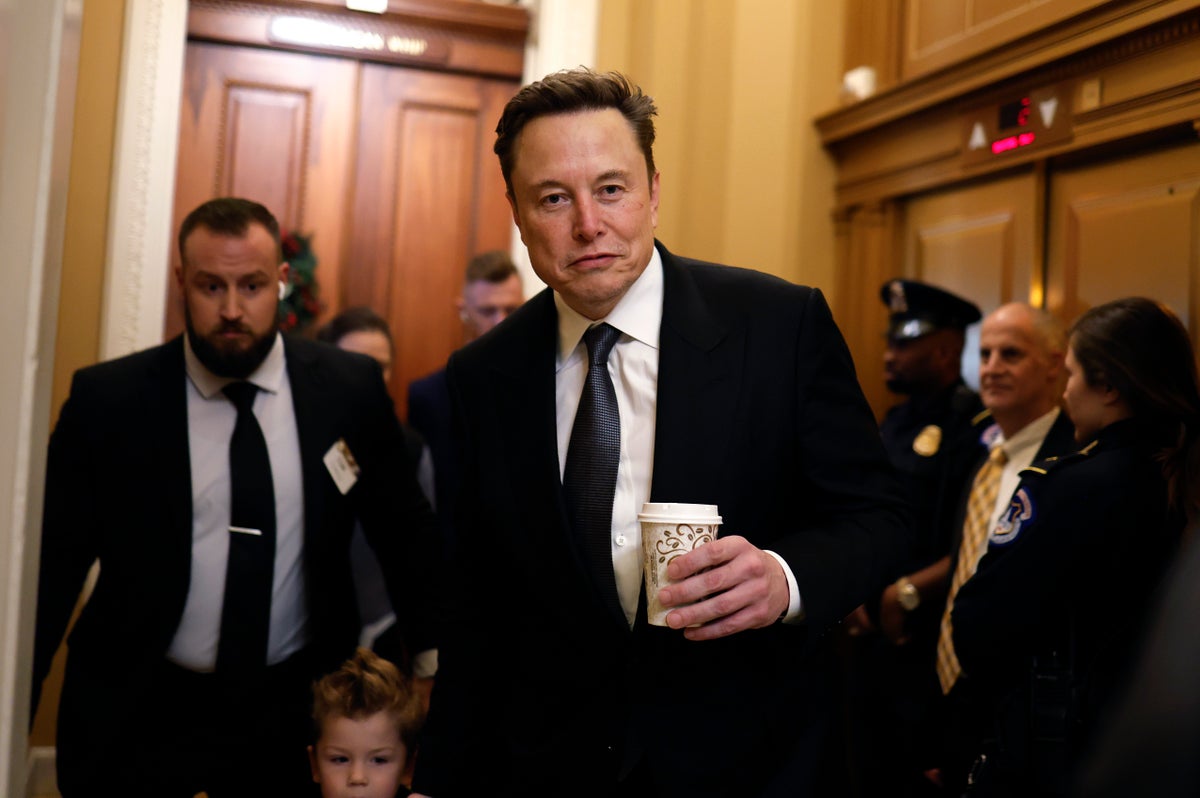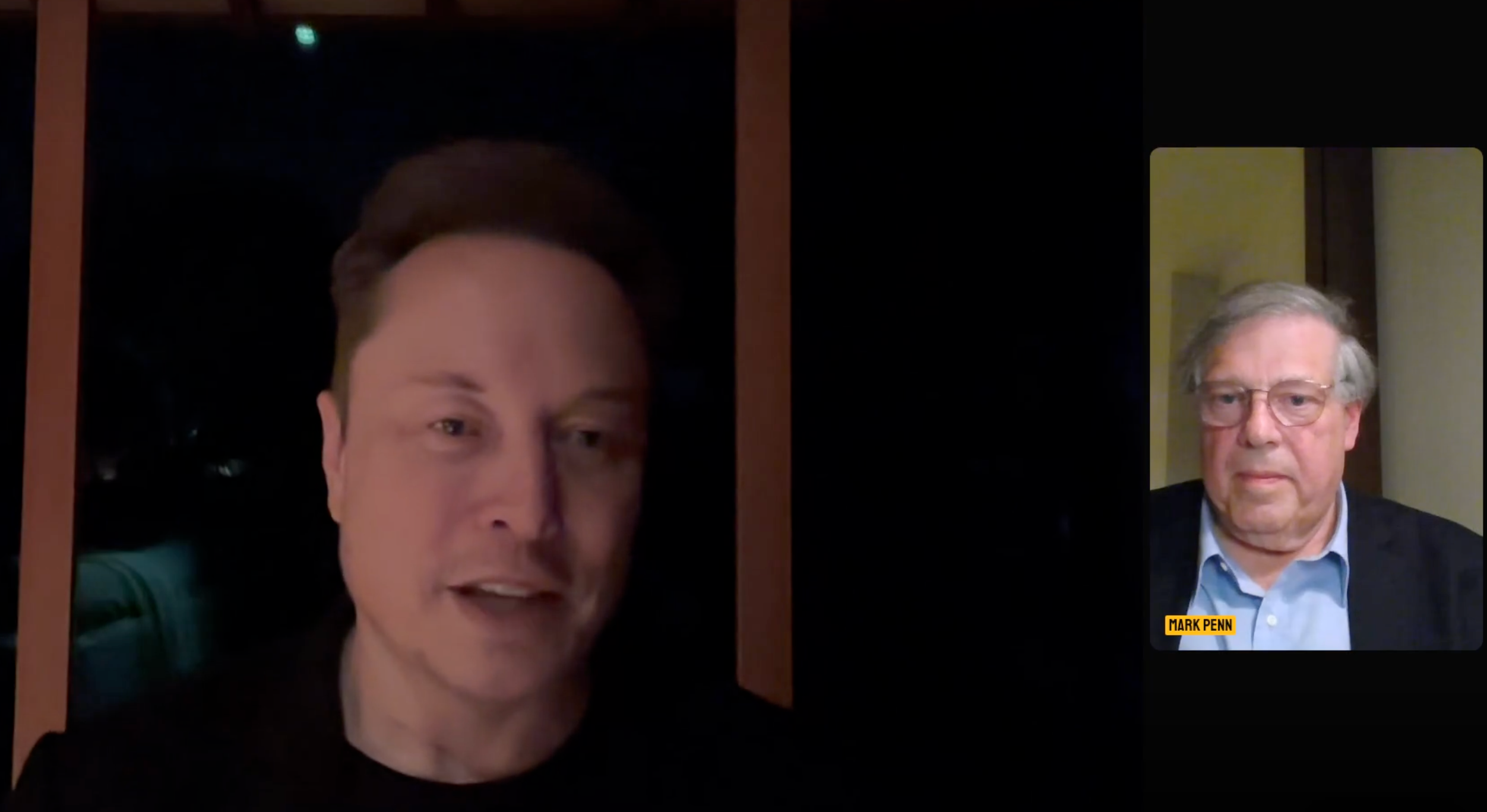
Billionaire Elon Musk, who is set to co-lead the new advisory Department of Government Efficiency, has admitted the agency likely won’t make the $2 trillion in federal budget cuts he originally promised.
The Tesla and SpaceX CEO revealed his goal of cutting $2 trillion from the $6.8 trillion federal budget was just the “best-case outcome” during a live interview Wednesday with Stagwell CEO Mark Penn.
“Do you think the $2 trillion is a realistic number now that you’re looking more closely at it?” Penn asked.
“I think we’ll try for $2 trillion. I think that’s the best-case outcome,” Musk responded. “But I do think that you kind of have to have some overage. I think if we try for $2 trillion, we’ve got a good shot at getting $1 [million].”
“If we can drop the budget deficit from $2 trillion to $1 trillion and free up the economy to have additional growth, such that the output of goods and services keeps pace with the increase in the money supply, then there will be no inflation,” he added. “So that, I think, would be an epic outcome.”
Musk is set to co-lead the department — which will operate outside of government, President-elect Donald Trump has claimed — alongside former presidential candidate Vivek Ramaswamy.
The pair have boasted of their plan to slash the federal budget, largely by making drastic cuts to agencies and carrying out mass fairings.

Musk has been promoting the $2 trillion number since he appeared at Trump’s Madison Square Garden rally in late October.
“How much do you think we can rip out of this wasted, $6.5 trillion Harris-Biden budget?” Howard Lutnick, the billionaire chief executive of financial services firm Cantor Fitzgerald, asked Musk on stage at the rally.
“I think we can do at least $2 trillion,” the world’s richest man responded.
Economists have long warned that cutting nearly one-third of the nation’s federal budget is implausible.
“There’s a long history of the fantasy that one smart businessman will just identify trillions in waste, but that’s just not how it works,” Brian Riedl, a senior fellow at the Manhattan Institute thinktank, told The Washington Post in November.







